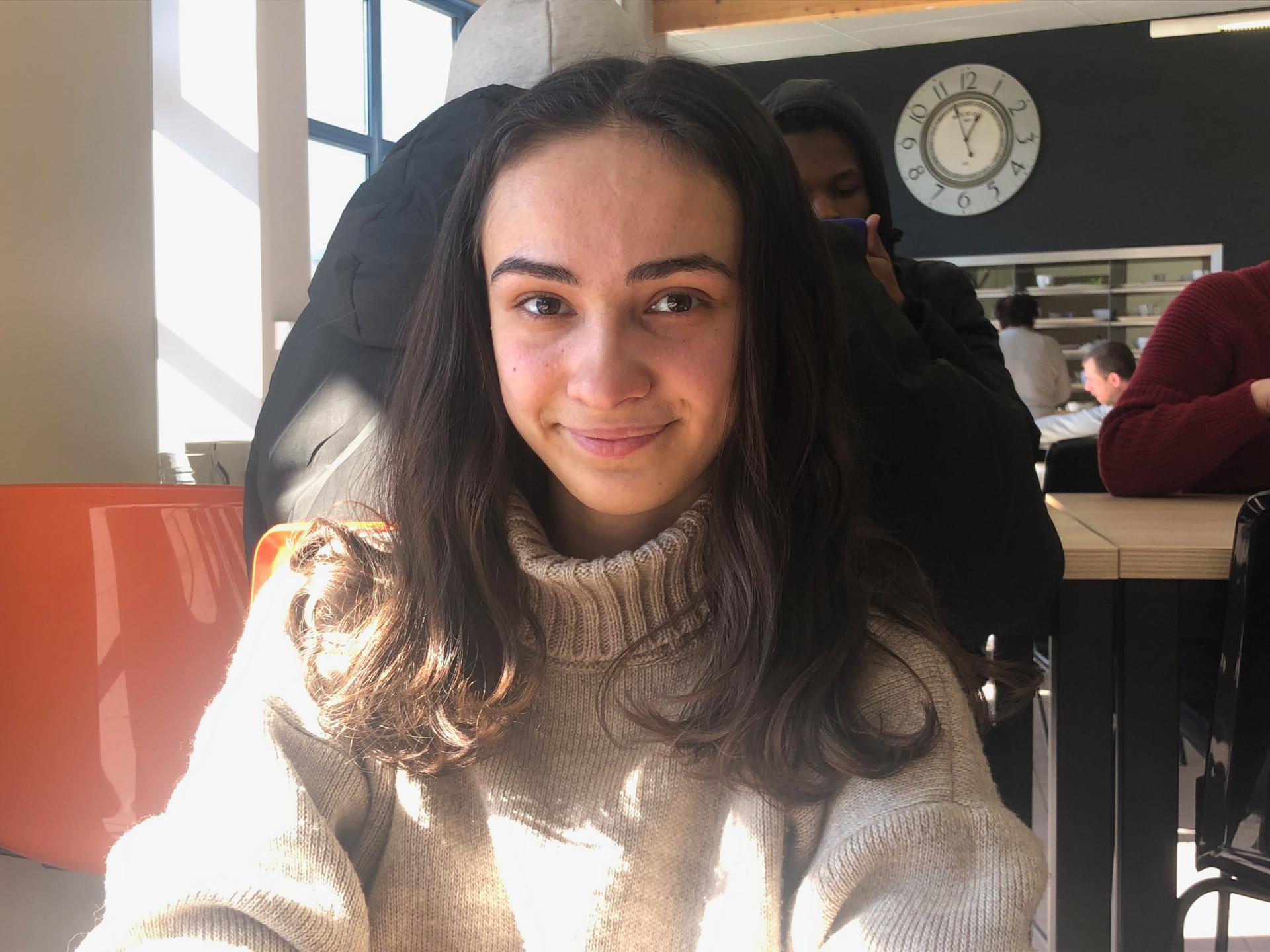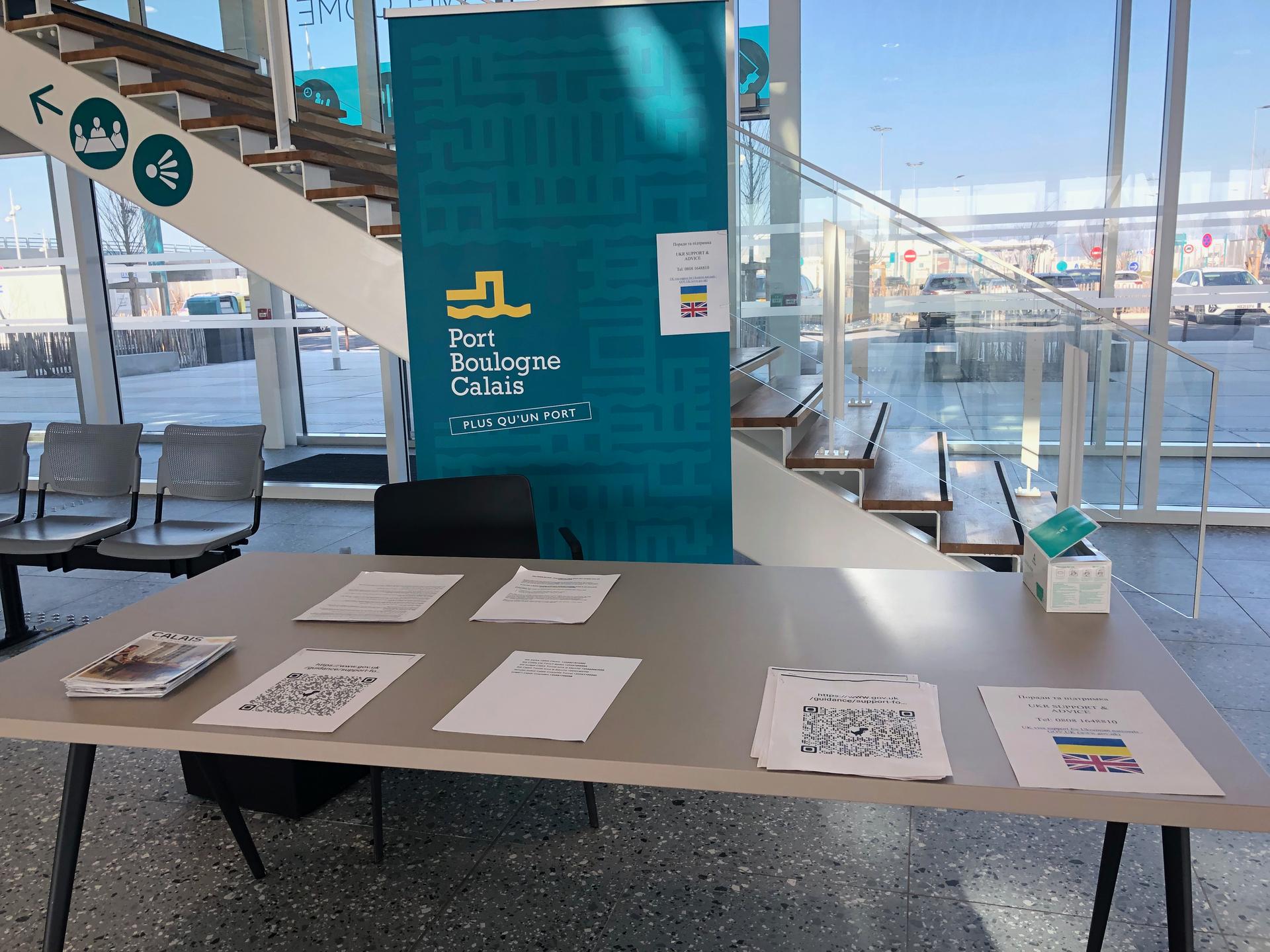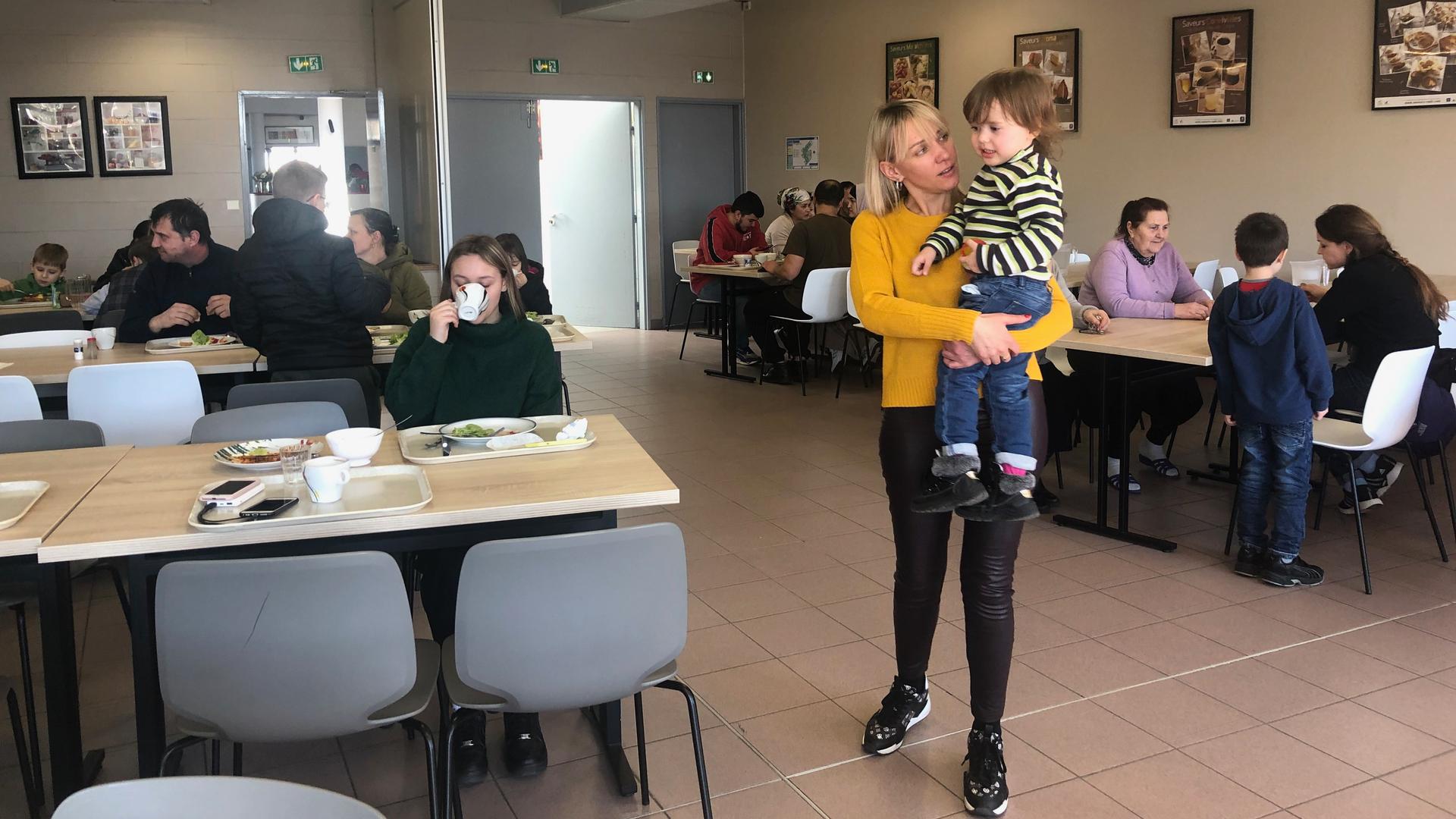More than 2.5 million Ukrainians have fled their country in the last two weeks, triggering Europe’s largest refugee crisis in decades.
In a landmark policy, the European Union has agreed to temporarily take in refugees without visas.
Related: For developing countries, the war in Ukraine means even higher food prices
Pressure is mounting for the British government to do the same. But despite promises to take as many as 200,000 Ukrainian refugees, only 1,000 Ukrainians have entered the UK under asylum since the start of the Russian invasion. By contrast, Poland has taken in 1.4 million refugees; Hungary has accepted 225,000; and 50,000 have been processed in Germany.
British Prime Minister Boris Johnson has defended the UK’s strict policy, citing necessary security checks.
“People want us to be generous, but also careful,” he said.
But for the more than 17,000 Ukrainians who have applied for UK visas under the Ukrainian Family Scheme, the application process has created a bottleneck, with hundreds stuck in the French port city of Calais.
To accommodate those fleeing the Russian invasion, the city has temporarily converted a youth hostel — l’Auberge de Jeunesse — into a shelter for some 160 Ukrainian refugees, mostly women and children.
Related: Ukrainian, Russian tourists stranded abroad
Maria Onofreychuk, 23, traveled for three days straight from the Romania-Ukraine border to get to Calais. Just like so many others here, Onofreychuk said that her journey still isn’t over.

“I want to go to England because that’s where I have my relatives and friends,” said Onofreychuk, who is traveling with her younger sister.
They’re trying to reach an uncle in London.
Under current regulations, Ukrainians with immediate or extended family members in the UK can apply for a visa.
Even though Onofreychuk and her sister meet those requirements, they have been stuck in Calais for over a week now, waiting to hear about their applications.
While they’re grateful for the free housing being provided by the French government, Onofreychuk said that they’re still quickly running out of money.
“I can just say that it is very difficult. I’m very exhausted by it,” she said.
Related: Many Ukrainians face a future of lasting psychological wounds from the Russian invasion
Natacha Bouchart, the center-right mayor of Calais, said that she is working to continue to be able to accommodate Ukrainians arriving in her city, but she’s also calling on the British government to speed things up.
“Unfortunately, the mayor of Calais isn’t the one who gets to decide who gets to go to the UK, it’s the British immigration authorities — they’re the ones stopping people from passing.”
“Unfortunately, the mayor of Calais isn’t the one who gets to decide who gets to go to the UK, it’s the British immigration authorities — they’re the ones stopping people from passing,” she said, adding that she worries that the city is at risk of becoming overwhelmed.

Others have been more direct.
Last week, the French Interior Minister Gerald Darmanin accused the British government of showing a “lack of humanity” in its response to the current crisis. Others are calling for the British government to temporarily exempt Ukrainian refugees from any visa application requirement, as the EU did last month.
Related: A race against time to preserve Lviv’s cultural treasures
Following the recent backlash, the British Home Office on Thursday said it would announce a second scheme for Ukrainian refugees without family ties to the UK, the details of which will be announced next week.
While many human rights activists have applauded efforts by France and other EU countries to welcome Ukrainians, they also point out a double standard.
“Less than a mile from here, there are people who have fled very similar conflicts,” said Clare Moseley, who runs the NGO Care4Calais.
“People from Syria, people from Yemen, people from Afghanistan … they’re sleeping outside,” Moseley added. She also called out the Calais mayor over a 2017 law that banned volunteers from distributing food to refugees.
